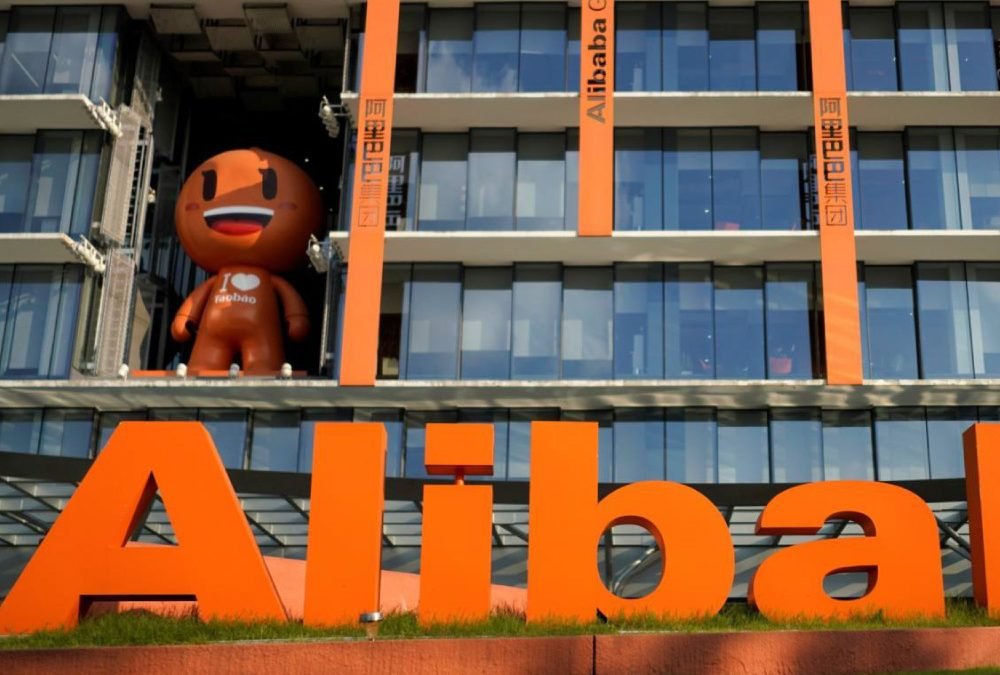From humble beginnings as a local platform going up against then-incumbent eBay, Alibaba is now the clear leader in China’s vast US$1 trillion e-commerce market.
In China, Alibaba has become synonymous with e-commerce, while its Taobao and Tmall platforms are household names. The Hangzhou-based firm, which is the parent company of the South China Morning Post, has a market capitalisation of about US$460 billion, making it the world’s second most valuable e-commerce company after Seattle-based Amazon.com.
The rapid ascent of Taobao – which translates to “searching for treasure” in Mandarin – and Tmall has helped nurture billion-dollar courier companies like SF Express and ZTO Express, which are capable of delivering packages from Shenzhen to Beijing in less than 24 hours. Taobao is Alibaba’s consumer-to-consumer platform, while Tmall is a business-to-consumer platform where brands sell directly to consumers.
Scattered across the country are more than 2,000 so-called Taobao villages, where residents depend on Taobao for a living by producing and selling their home-grown produce and wares on the platform, according to the China Internet Report co-authored by the Post, its tech news site Abacus and San Francisco-based venture capital firm 500 Startups.
Read the full story from South China Morning Post

